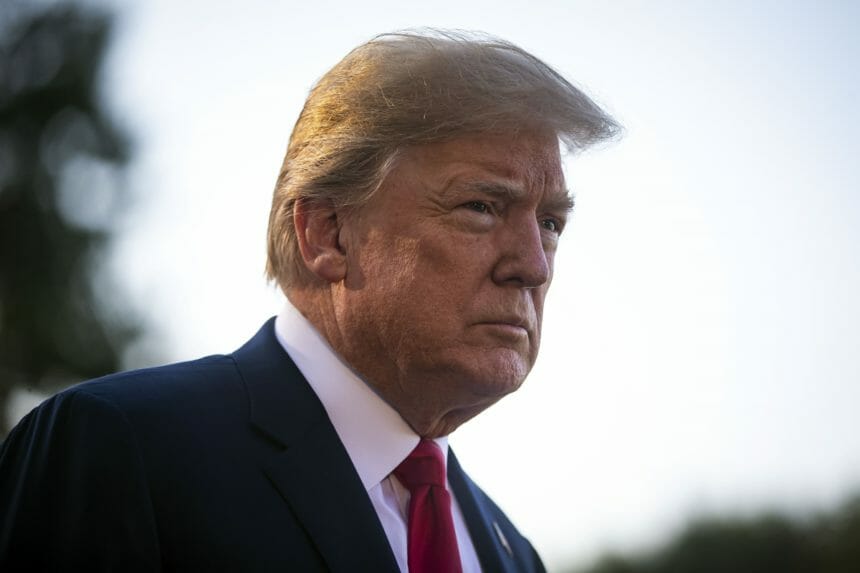As part of the broader effort to lower drug prices, President Donald Trump has doubled down on the idea that low prices in other developed nations are supplemented by high prices in the U.S. He proposed a rule last week that would base Medicare Part B drugs, those administered in a doctor’s office, on the average price other countries pay for the same drug.
The proposal suggested that the program would be implemented in spring 2020 and prices would be phased down over five years.
Credit Suisse analysts projected which pharma companies could see the biggest drops if this rule is implemented. According to the note, UCB, Roche, Bristol-Myers Squibb, Merck, and Grifols have drugs with significant price differences between the U.S. and other markets.
UCB’s anti-inflammatory drug Cimzia, which treats Crohn’s disease, rheumatoid arthritis, and psoriasis, would need to drop its U.S. price 67% to reach the international average. With a quarter of Cimzia’s sales coming from Medicare Part B, analysts forecasted a 30% decline in earnings by 2023.
Merck and Bristol-Myers Squibb immunotherapy treatments Keytruda and Opdivo would also need large price drops, 13% and 24%, respectively. Because both make up large portions of company earnings, the analysts estimated an 18% impact on Bristol-Myers Squibb earnings and 5% on Merck by 2023.
Roche has six drugs in its portfolio that would be affected and that make up about $14 billion in U.S. sales. On average, the prices for these products would need to fall 60% to meet international prices, the analysts wrote. Spanish pharma company Grifols’s immunodeficiency treatment Gamunex could cause a 11% drop in the company’s earnings by 2023. Gamunex’s price would need to drop about 13%.








